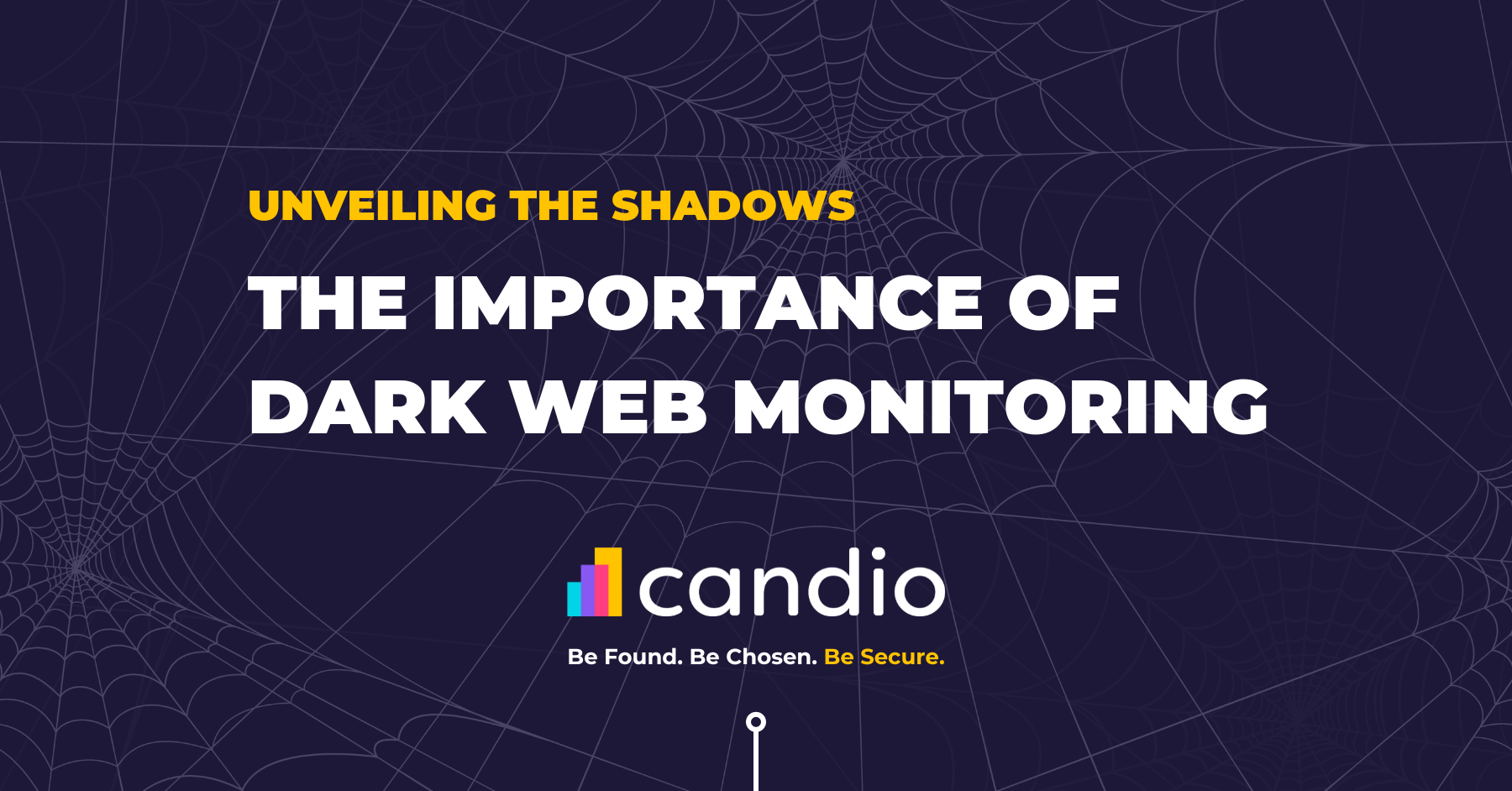written by Tom Chedham
The internet has transformed our world, connecting people from all corners of the globe and providing access to a wealth of information.
However, beneath the surface of this vast digital landscape lies an enigmatic realm known as the Dark Web. Unlike the familiar “surface web,” which can be accessed through traditional search engines like Google, the Dark Web operates on encrypted networks and is intentionally hidden from public view. It has gained notoriety for harboring illegal activities, cybercrime, and the sale of illicit goods.
As the digital age progresses, the need for dark web monitoring becomes ever more apparent, as it helps individuals, businesses, and organizations safeguard their sensitive information and maintain their online security.
Understanding the Dark Web
Before diving into the significance of dark web monitoring, it’s crucial to grasp what the Dark Web actually is. The internet we commonly use represents only a small portion of the entire online landscape. The rest of the web lies hidden and can’t be accessed through standard web browsers. The Dark Web is facilitated by overlay networks like Tor (The Onion Router), which anonymize user identities and create a layered encryption system. This allows users to visit websites with .onion domains, which remain concealed from search engines and regular browsing methods.
While the Dark Web does offer anonymity and privacy to users, it has also become a hub for illegal activities. Everything from illegal drug markets, stolen data trading, hacking services, and even human trafficking can be found within its shadowy recesses.
It’s no wonder that this hidden underbelly of the internet raises concerns for individuals and organizations alike.
The Risks of the Dark Web
The Dark Web presents a myriad of risks that can affect both individuals and businesses:
- Data Breaches and Identity Theft: Stolen credentials and personal information are often sold on the Dark Web, leading to identity theft and other forms of cybercrime.
- Corporate Espionage: Businesses may find their sensitive information exposed on the Dark Web, including intellectual property, customer data, and financial details, which could be exploited by competitors or hackers.
- Financial Fraud: Credit card numbers, bank account details, and other financial information are traded on the Dark Web, putting individuals at risk of financial fraud and loss.
- Reputation Damage: For businesses, having their brand associated with illegal activities or data breaches on the Dark Web can cause irreparable damage to their reputation.
- Cyberattacks and Malware: Cybercriminals offer their services on the Dark Web, including Distributed Denial of Service (DDoS) attacks, hacking tools, and malware, making it easier for attackers to target individuals and organizations.
The Role of Dark Web Monitoring
Dark web monitoring is a proactive approach to cybersecurity, aiming to detect and mitigate potential threats originating from the hidden corners of the internet. It involves continuously scanning the Dark Web for any mentions of specific keywords, email addresses, or data that may indicate compromised information. Here’s why dark web monitoring is essential:
- Early Threat Detection: By monitoring the Dark Web, individuals and organizations can get an early warning of potential security breaches and identity theft attempts. This enables them to take immediate action to secure their accounts and data before significant damage occurs.
- Data Recovery: In some cases, dark web monitoring can lead to the discovery of stolen data from recent breaches. This allows affected parties to take steps to recover and secure their information before it is further exploited.
- Preventing Financial Loss: By tracking the sale of financial information on the Dark Web, individuals can prevent unauthorized access to their accounts and avoid falling victim to financial fraud.
- Proactive Security Measures: Armed with insights gained from dark web monitoring, organizations can bolster their cybersecurity defenses, identify potential vulnerabilities, and implement measures to prevent data leaks and cyberattacks.
- Reputation Management: For businesses, monitoring the Dark Web can help them identify and address any instances of their brand being associated with illegal or harmful activities, allowing them to protect their reputation.
Final Thoughts
The Dark Web remains a murky and ominous corner of the internet, but turning a blind eye to its existence can have severe consequences.
Dark web monitoring is an indispensable tool in today’s digital landscape, helping individuals and organizations stay vigilant against potential threats. By being proactive in monitoring the Dark Web, we can unveil the shadows and protect ourselves and our valuable data from falling into the wrong hands.
Remember, staying informed and prepared is the key to safeguarding our online presence in this ever-evolving digital age.
